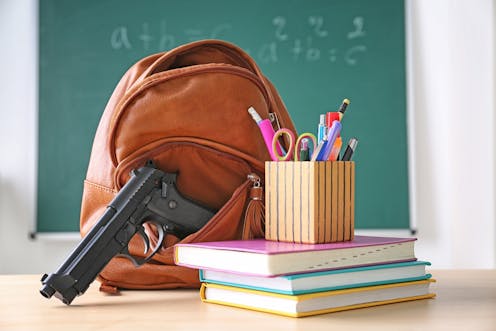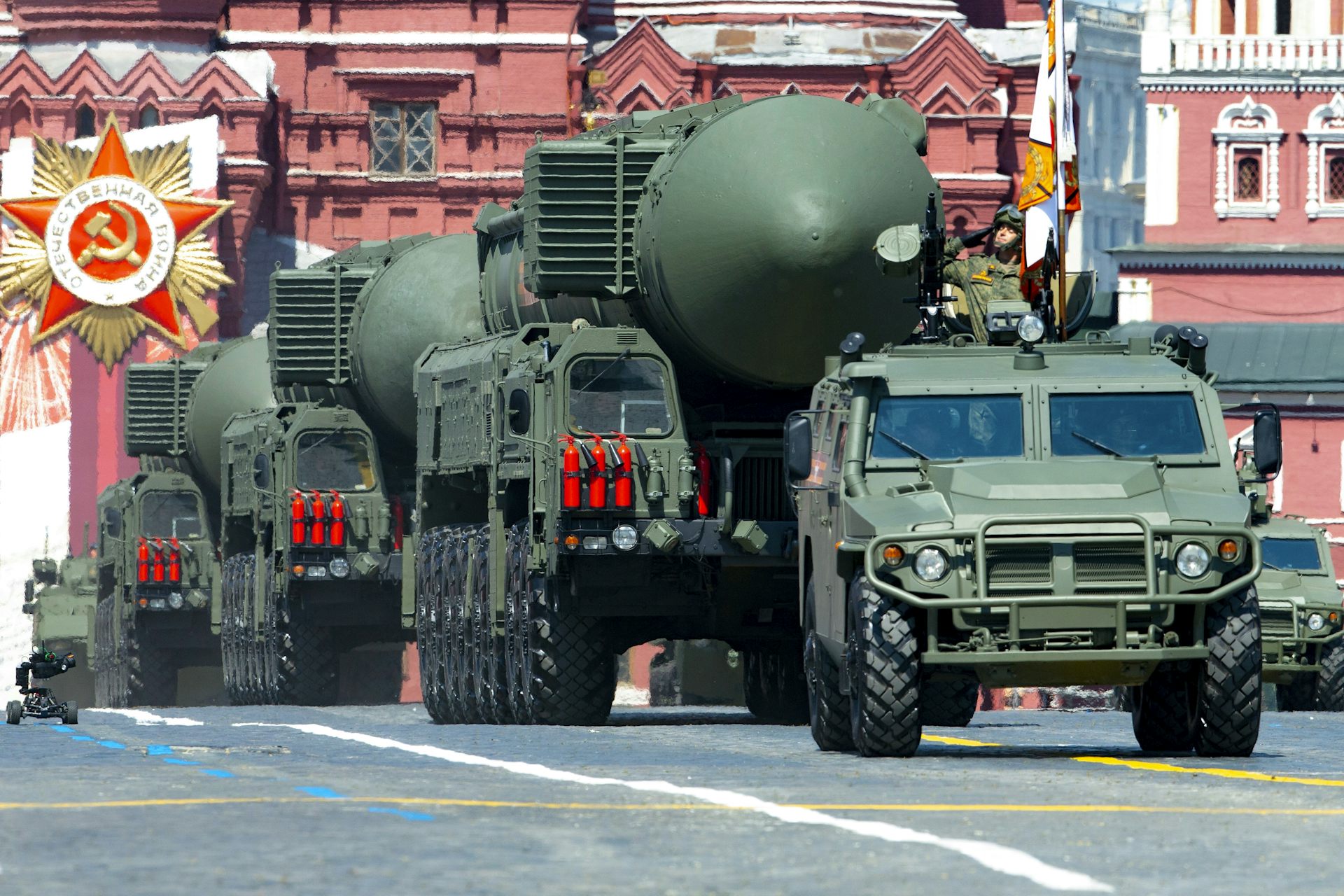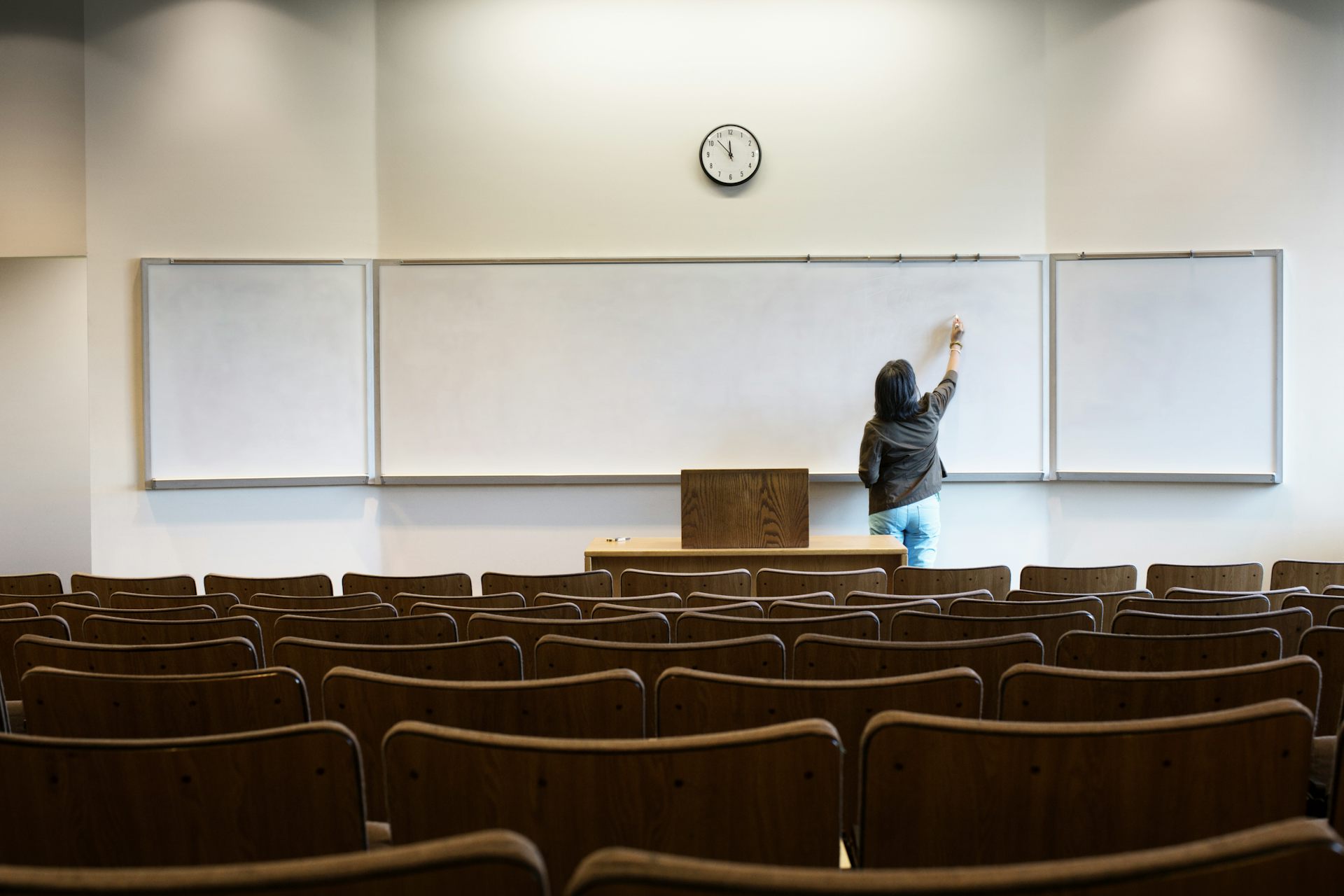School safety commission misses the mark by ignoring guns
After Education Secretary Betsy DeVos said a school safety commission won't focus on guns, a school safety scholar says the commission may miss an important part of the discussion.

A federal school safety commission that formed after the Parkland, Florida, school massacre won’t be focusing on guns.
That’s according to Secretary of Education Betsy DeVos, who stated recently that firearms were “not part of the commission’s charge per se.” She made the remark in response to a U.S. senator who asked if the commission would consider the role of firearms in school violence.
Of course, if the commission were to focus on just guns, they would miss the mark. But as a scholar who studies school safety, I similarly believe if the commission ignores one of the main contributors to school shootings – particularly one as important as the instruments used to carry out the shootings shootings – it could discredit any other recommendations the commission makes.
A broad approach needed
Given the composition of the Federal Commission on School Safety – which includes the attorney general, the secretary of Health and Human Services, and the secretary of Homeland Security – the commission is poised to take a broad view on solutions to school violence. That broad view includes education and mental health issues as well as law enforcement and security.
Such a broad approach is what’s needed. As Americans have seen in recent school shootings, these tragic events often are the result of a variety of factors. Those factors include mental health issues, interpersonal conflict, a failure to identify students of concern and intervene before they become violent – and, yes, access to firearms.
In fairness, the importance of addressing guns is not entirely lost on the commission. When it was formed in the wake of the Parkland shooting, U.S. Attorney General Jeff Sessions stated that his department had “taken new steps” to ban bump stocks, get better information on background check systems, and aggressively prosecute those who lie on background checks. Likewise, the commission’s original charge included considering age restrictions on firearms.
Shortly after DeVos stated that the commission would not focus on firearms, the Department of Education issued a clarifying statement that DeVos and the commission “continue to look at all issues the President asked the committee to study and are focused on making recommendations that the agencies, states and local communities can implement.” However, the statement added this caveat: “It’s important to note that the commission cannot create or amend current gun laws – that is the Congress’ job.”
While DeVos is correct that the commission is not in a position to change federal firearms laws, I believe it should still provide guidance to state and local jurisdictions that may want to address school violence through further regulating firearms.
Local action taken
In the last several months, a number of states and locales have moved to enact gun control laws. Some states have banned bump stocks and others have limited the capacity of magazines. Similar proposals are currently moving through state legislatures. They are also being discussed by candidates for political office.
In contrast, DeVos’ most direct discussions of firearms in the wake of the recent school shootings have been the potential for schools to arm teachers. She has suggested more than once that this option should be on the table and at the discretion of state and local leaders.
DeVos could just as easily apply this local control argument to removing guns from schools. While some states and locales are already taking steps to better regulate firearms, the backing of recommendations from a federal commission could both serve to summarize evidence on the most effective approaches while also providing political support to such efforts.
Additionally, while the appetite for federal action on gun control may be limited at the moment, providing recommendations to Congress with regard to firearms’ role in school violence is a proper role for the commission. Just as the Department of Education’s recent statement indicates, Congress has the power to take action on gun control. Congress would, however, be in a better position to do so with concrete recommendations from the commission.
Making recommendations to policymakers, whether local or federal, would be consistent with the commission’s likely action around other contributors to school violence. These include consideration of medication for troubled youth, the effects of press coverage on school shootings, and rating systems for entertainment or video games. In short, lacking direct control over federal gun laws is no more a reason to not consider the issue than a lack of direct control over other contributors to school violence.
The bottom line is students deserve to be safe in school. The Federal Commission on School Safety can only make schools safer if it takes an honest look at all of the factors that contribute to school violence. In my opinion, the role of firearms is not an issue the commission can afford to ignore.
F. Chris Curran receives funding from the National Institute of Justice under the Comprehensive School Safety Initiative.
Read These Next
Last nuclear weapons limits expired – pushing world toward new arms race
The expiration of the New START treaty has the US and Russia poised to increase the number of their…
The greatest risk of AI in higher education isn’t cheating – it’s the erosion of learning itself
Automating knowledge production and teaching weakens the ecosystem of students and scholars that sustains…
‘Learning to be humble meant taming my need to stand out from the group’ – a humility scholar explai
Humility is a virtue that many people admire but far fewer practice. A scholar describes how a professional…






